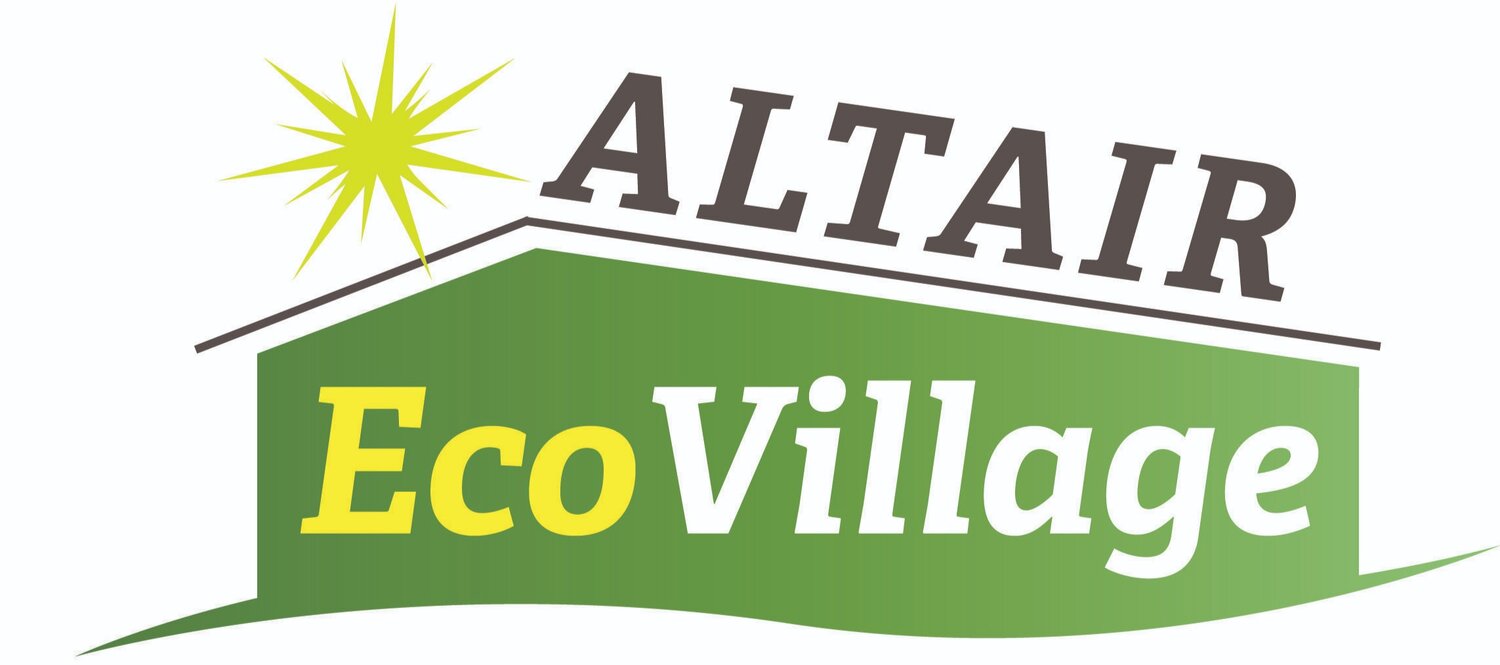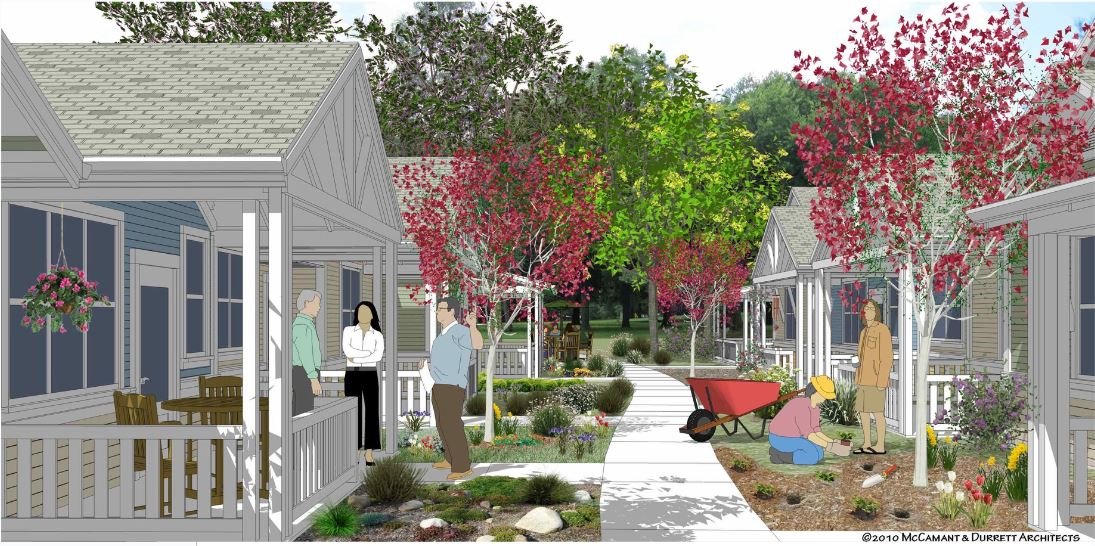Altair EcoVillage: A Sustainable Solution to the Economics of Aging Through Cohousing
/The economics of aging presents unique challenges for both individuals and communities. With rising costs in senior living, many people face a future where traditional retirement options may be financially unattainable. Cohousing, as explored in The Workshop Facilitator’s Guide: The Economics of Getting Older by Charles Durrett, offers a cost-effective and sustainable solution. By encouraging older adults to share resources, reduce individual expenses, and build a supportive community, this approach shifts the focus from financial independence to shared interdependence, addressing the economic demands of aging while proactively enhancing quality of life.
For initiatives like Altair EcoVillage, cohousing represents a realistic alternative to more costly retirement homes or assisted living facilities. Unlike conventional retirement settings that often come with high fees and impersonal environments, cohousing fosters a genuine sense of community. Through resource pooling and shared amenities, individual costs for housing, utilities, and even healthcare can be significantly reduced. For instance, neighbors in a cohousing environment can assist each other with day-to-day tasks, reducing the need for paid services and empowering residents to maintain their independence longer. Shared resources—such as gardens, tools, maintenance equipment, and transportation—can minimize expenses and reduce the ecological footprint of each resident.
Offering a variety of living arrangements, from private to shared spaces, allows residents to choose options that fit both their budgets and lifestyle preferences. Shared housing, in particular, lowers individual expenses by dividing costs across multiple residents, making this form of senior living accessible to a broader population. Also: It should be noted that Pennsylvania law allows for 20% of homes to be occupied by younger families within a “55+” community. So Altair will encourage and welcome that extent of multi-generational residency.
In a market with escalating housing prices and living expenses, Altair EcoVillage will demonstrate how communitarian solutions can foster ecological, social, economic, and quality-of-life benefits relative to those provided under institutional auspices. Charles Eisenstein, in his article “To Build Community, an Economy of Gifts,” observes that “community is woven from gifts,” highlighting that true community emerges when people embrace interdependence, prioritizing support over monetary transactions. This “circle of the gift” philosophy aligns well with Altair’s vision, meeting shared needs economically and minimizing waste. Building upon this gift-based economy, Altair can create a robust, self-sustaining community where residents contribute to each other's well-being, reducing reliance on costly services.
In his book Sacred Economics (Chapter 22: “Community and the Unquantifiable”), Eisenstein writes: “To be in community is to be in personal, interdependent relationship, and it comes with a price: our illusion of independence, our freedom from obligation. You can’t have it both ways. If you want community ... you will give and receive gifts that you cannot just buy somewhere. You will not be able to easily find another source. You need each other.”
Ultimately, Altair’s vision of a cohousing-based ecovillage represents a departure from traditional retirement models, moving toward interconnected, sustainable living. Altair EcoVillage has the opportunity to shape a future where aging is met with community, environmental consciousness, and shared economic resources, offering seniors an alternative that is financially feasible, socially enriching, and ecologically sound.



